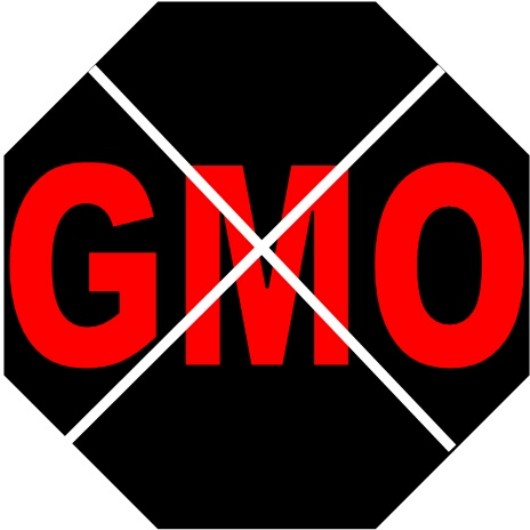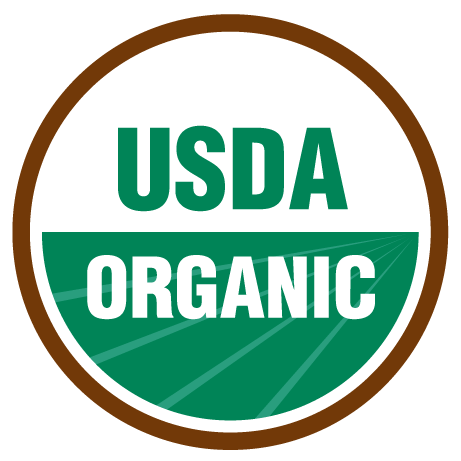
Dear Earth’s Enrichers
 One day you’re casually perusing around your usual market and you stumble across a product that says No-GMO. You think to yourself what is that? GMO? Does it have something to do with the military? Is it poisonous or toxic? Why No-GMO? To be able to answer these questions that this strange notation produces, you must first realize GMO is an acronym for genetically modified organism. How many of you knew that?
One day you’re casually perusing around your usual market and you stumble across a product that says No-GMO. You think to yourself what is that? GMO? Does it have something to do with the military? Is it poisonous or toxic? Why No-GMO? To be able to answer these questions that this strange notation produces, you must first realize GMO is an acronym for genetically modified organism. How many of you knew that?
Genetically modified organisms are animals or plants that have been biotechnically altered for “better” appearance, taste, and/or longevity. This way, they combine aspects of different species and create something that cannot be created naturally. Whether GMO is natural or not is currently up for debate– it’s really quite a controversial topic in the industry.
GMOs are becoming increasingly popular due to the lack or over usage of some resources like plants. They were also deemed necessary to grow because of the need for successful crops.
Pests and the survival of crops have been problems for years, and GMO’s were a resolution to those problems—in other words, GMO products have been around, used, and eaten for years. It seems that research now has shown some concerns with ingesting or using GMOs.
GMOs have been connected to increases in weight, kidney problems, and liver problems. Also, in larger quantities of GMO foods, herbicides have been detected. Yet, all of this information is inconclusive since there hasn’t been any definitive research showing a direct connection between GMOs and these problems. Nor has the government actually ruled whether or not GMO’s are safe.
As far as effects on the skin, the Federal Drug Administration (FDA) has declared that there isn’t any evidence that GMOs negatively affect the skin. Some researchers have found inconclusive connections to Morgollens disease. As we say at EE, know your skin. Pay attention to the products you use and listen to your skin. If irritations begin to happen, notify your doctor or a specialist.
You should also learn your products. Research what may be GMO and what is not because many companies do not label it. Be aware that some products that say “all-natural” or even some products containing organic ingredients can also contain GMOs.
The EE 411:
Some companies do not label whether their product have or do not have GMOs. Here are a few ingredients that can be genetically modified:
- Canola
- Corn
- Corn oil
- Corn flour
- Soy bean
- Lecithin
- Proteins that can come from yeast
- Flax
- Rice
- Cotton
- Wheat
- Vitamin C
- Citric Acid
- Corn Syrup
- Flavorings that are natural or artificial
There are many more products that can be GMO. The best way to make sure your food or skin care product doesn’t contain GMOs is to look for the USDA Certified Organic Seal or a specific “non-GMO” designation; those products cannot contain GMOs. To be careful, just to be on the safe side, some companies are cutting out GMOs, joining GMO- free companies such as EE.
When you have some free time, do a little research on your own. That way you can discover all the answers to your questions.
Share with Us: Anything on the list that surprised you? Or is there anything you’d like to add? What do you think about GMOs?
(This post was brought to you by Earth’s Enrichments. Similar posts can be found by visiting our Blog. More information about our company and products (USDA Certified Organic Soaps, Organic Bath Salts, Organic Sugar Scrubs, Organic Body Balms and Organic Lip Balms) can be found on our Website. Thank you Earth’s Enricher!)


